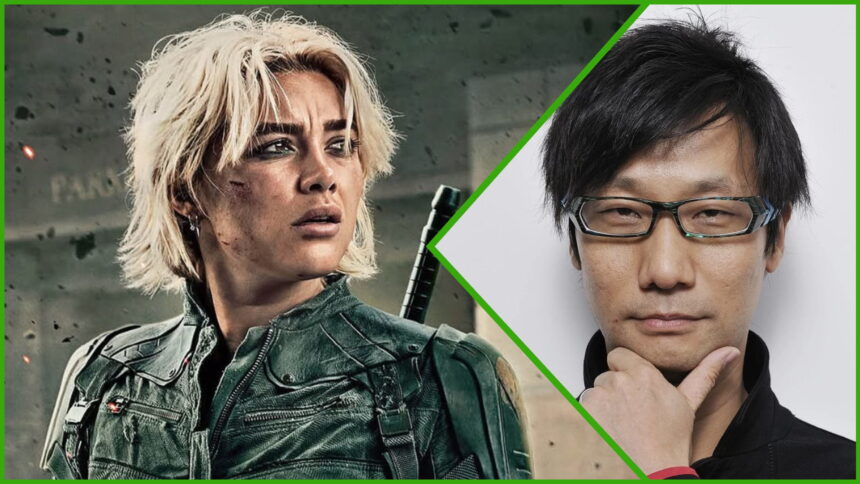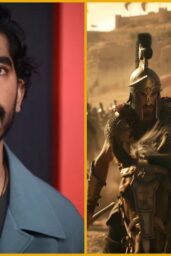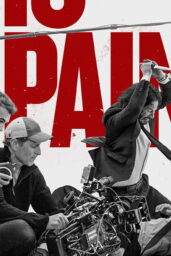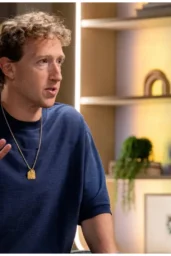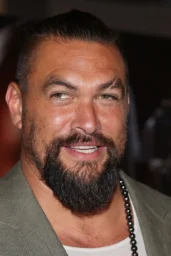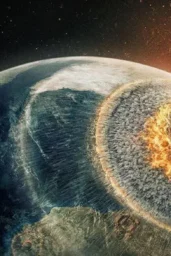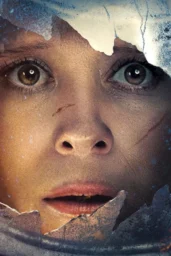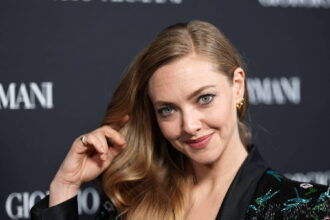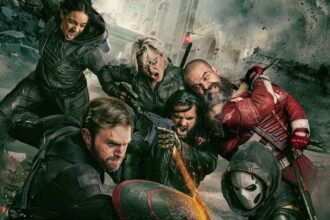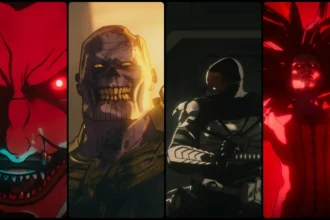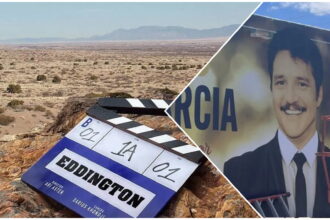“Thunderbolts* Is a Rescue Mission for the Soul”—Kojima’s Take Shows Marvel’s Softer Side
When Hideo Kojima speaks, the internet listens—especially when it’s not about games.
In a twist nobody saw coming, the Metal Gear Solid and Death Stranding auteur dropped his verdict on Marvel Studios’ upcoming Thunderbolts*, and it’s more philosophical than fanboy. Forget saving the world or chasing CGI explosions. For Kojima, Thunderbolts* is about confronting the real Big Bad: ourselves.
“It’s not about eliminating a powerful ‘external enemy’… It’s about embracing lonely ‘individuals’ and rescuing the ‘audience’ from their own ‘inner enemies.’”
That’s not your typical popcorn-movie praise. That’s cinema soul surgery. And in a cinematic universe long criticized for its rinse-repeat formula, Kojima’s lens cuts deeper than a vibranium blade.
Florence Pugh Owns It—And Kojima Knows It
Kojima singles out Florence Pugh’s Yelena Belova, calling her performance nothing short of “phenomenal.” He even goes as far as saying, “You could say it’s her film.” Which, for a franchise dominated by ensemble casts and quippy banter, is a huge statement.
It’s not just about star power, though. Pugh, who’s carved a niche in roles blending emotional grit with sardonic wit, feels like the MCU’s emotional anchor in a sea of sarcasm and sky lasers. Add Lewis Pullman’s “Bob” (aka Sentry, if you’re reading between the casting lines) bringing a “great vibe,” and you’ve got a cocktail that might surprise even the most jaded Marvel viewer.
Marvel’s Dirty Dozen, Now With Existential Dread
The movie itself centers around a gang of morally gray antiheroes: Yelena, Bucky Barnes, Red Guardian, Ghost, Taskmaster, and John Walker—Marvel’s answer to The Suicide Squad, but less chaotic evil, more chaotic awkward family reunion.
But if Kojima’s read is correct, Thunderbolts* doesn’t glorify violence or redemption arcs—it humanizes trauma. These aren’t soldiers on a mission; they’re fractured souls on a path to meaning.
It echoes patterns we’ve seen before. Think Logan (2017), which stripped down the superhero mythos into a raw elegy on mortality. Or WandaVision, a postmodern grief puzzle masquerading as a sitcom.
But here’s the twist: Thunderbolts* isn’t a solo project or a deconstruction. It’s a team film, and still manages to be “kind-hearted,” in Kojima’s words. That’s rare. That’s different. That might be what the MCU desperately needs.
A Game Designer’s Eye for Narrative—and Vulnerability
Kojima’s fascination with fragmented identity and inner conflict isn’t new. His games aren’t just about stealth and war—they’re existential odysseys. Big Boss, Sam Porter Bridges—they’re all haunted by who they are and what they’ve done. So when Kojima talks about “inner enemies,” he’s not being poetic. He’s diagnosing.
Imagine Thunderbolts* through that lens: a Marvel film that doesn’t just punch its way out of problems but stares them dead in the face. That’s not just new. It’s necessary.
So, What Now?
Marvel just dropped a new clip showing Mel and Val realizing their controlled chaos has spun out of control. Their “assets” have stopped self-destructing—and are now escaping together. If that sounds like a setup for betrayal and bombast, it is. But if Kojima’s right, it’s also a setup for catharsis.
A studio once obsessed with saving the world may finally be interested in saving people.
Would you risk caring about a superhero film again? Comment below.

